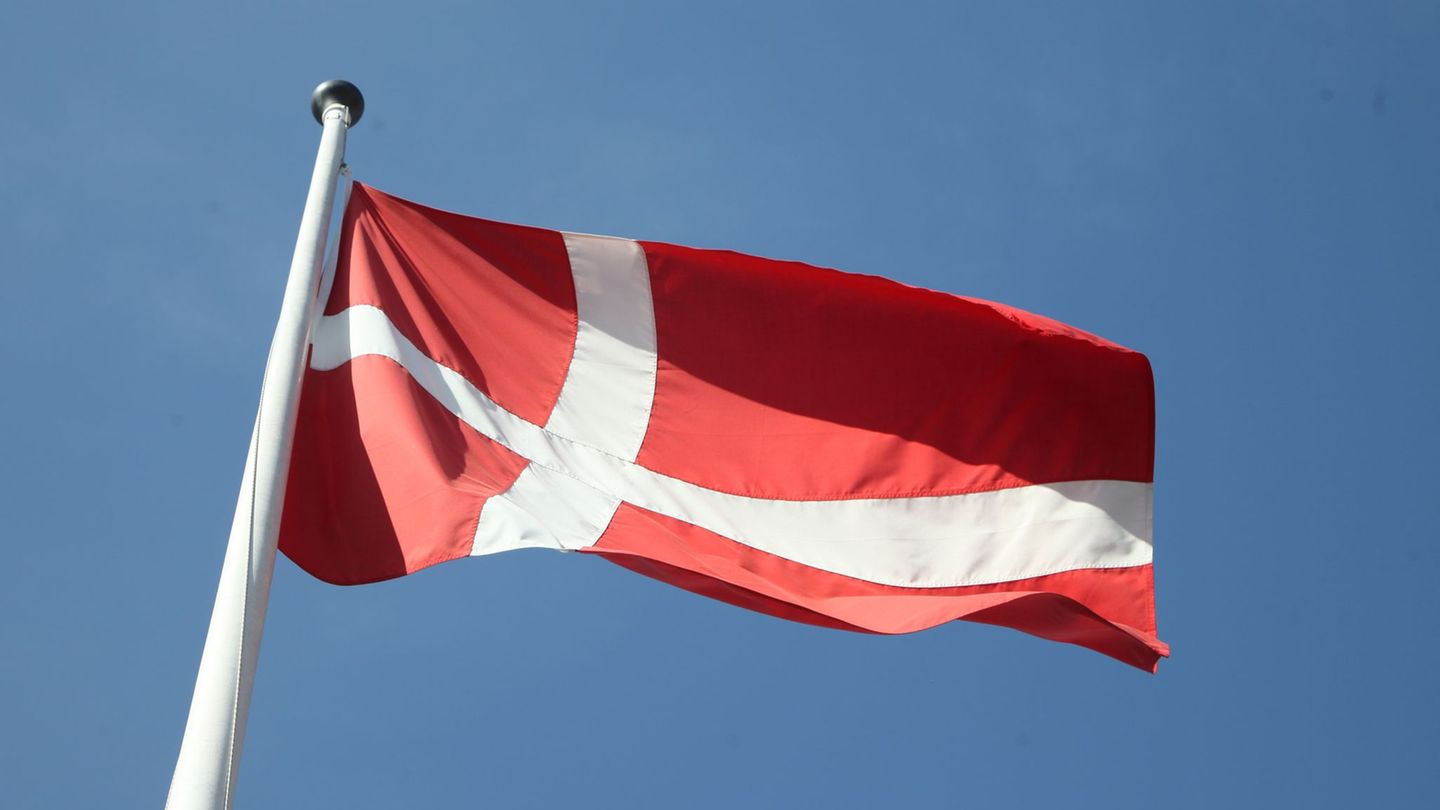Ursula von der Leyen doesn’t actually want to have fewer women than men in her new team. However, the key governments of the member states are not playing along.
EU Commission President Ursula von der Leyen’s plans for a balanced gender ratio in her new leadership team are in danger of failing due to a lack of cooperation from member states. Shortly before the nomination deadline expires this Friday, according to research by the German Press Agency, well over half of the governments have proposed only one male candidate for the College of Commissioners. As before, this will consist of 27 members, with each member state being able to nominate one Commissioner, including von der Leyen and the already nominated Foreign Affairs High Representative Kaja Kallas.
If the nominations do not change much, the new college could end up being around two-thirds men. Currently, 12 of the 27 Commission members are women. The EU Commission is headed by around 32,000 employees who, among other things, make proposals for new EU laws and monitor compliance with the European treaties.
Capitals ignore the wishes of the Germans
President von der Leyen, who was re-elected in July, had actually asked the heads of state and government of the EU member states to nominate both a man and a woman in order to ensure a gender balance in the Commission. The only exceptions to this request were those governments that were re-nominating a current commissioner.
France, Hungary and Latvia, for example, have done this. Paris is sending the current Internal Market Commissioner Thierry Breton into the race, Hungary is sending Enlargement Commissioner Oliver Varhelyi and Latvia is sending Valdis Dombrovskis, who is currently responsible for trade issues.
Most recently, for example, Denmark announced that it wanted to send the current Minister for Development Cooperation, Dan Jørgensen, to Brussels as the new Danish EU Commissioner. Prime Minister Mette Frederiksen said that there was no need to be ashamed of not having nominated a woman. Denmark had been represented in the Commission by Margrethe Vestager for many years.
Gender balance cannot be enforced
For von der Leyen, the behaviour of the member states is annoying, but ultimately her hands are tied. The reason is that the governments are not legally obliged to comply with her request to nominate both a man and a woman. The EU Treaty only states that the Commission should reflect “the demographic and geographical spectrum of the Member States as a whole”. There is no explicit mention of gender parity.
The selection of commissioners for the new EU Commission is the last major step in the re-appointment of top political positions after the European elections in June. Von der Leyen herself was nominated by the heads of state and government of the EU countries for a second term as president of the powerful authority and elected by the European Parliament shortly afterwards. She must now accept the governments’ nominations for the commissioner posts and then allocate the tasks.
In theory, this would also allow her to put pressure on member states to nominate a woman. Even though Commission members must carry out their duties independently of the policies of their home countries, governments generally have an interest in having their candidate fill an important portfolio. The Commission representatives responsible for finance, economics and competition are considered to be particularly influential.
Possible offers to Member States
The newspaper “Times of Malta” reported this week that von der Leyen had suggested that Malta re-nominate the current Maltese Commissioner Helena Dalli instead of the former head of the Prime Minister’s office. In return, she could get a more attractive portfolio than Glenn Micallef would get.
Von der Leyen herself does not want to comment on the details of the current selection process for the time being. Her spokespersons only say that the former German defense minister is holding talks with the nominated people and will then probably assign areas of responsibility to the chosen ones by September 11. For the first time, for example, there will also be commissioners for issues such as defense and housing.
Is there a risk of reputational damage?
The Italian EU law expert Alberto Alemanno recently warned that a male-dominated college would weaken the authority of the President of the EU Commission. He called on von der Leyen to make her dissatisfaction clear to the national capitals and to ask them to draw up a new list of candidates as soon as possible in order to limit the damage to her own reputation and that of the entire EU.
According to the professor, this could otherwise lead to weak male Commissioner candidates not receiving the necessary approval in the European Parliament. This would mean that the governments that nominated them would have to name a new candidate. The start of the new Commission’s term of office could then be delayed at a geopolitically important time. Ursula von der Leyen’s new team is actually supposed to start work on November 1 – shortly before the presidential election in the USA.
Source: Stern
I have been working in the news industry for over 6 years, first as a reporter and now as an editor. I have covered politics extensively, and my work has appeared in major newspapers and online news outlets around the world. In addition to my writing, I also contribute regularly to 24 Hours World.




